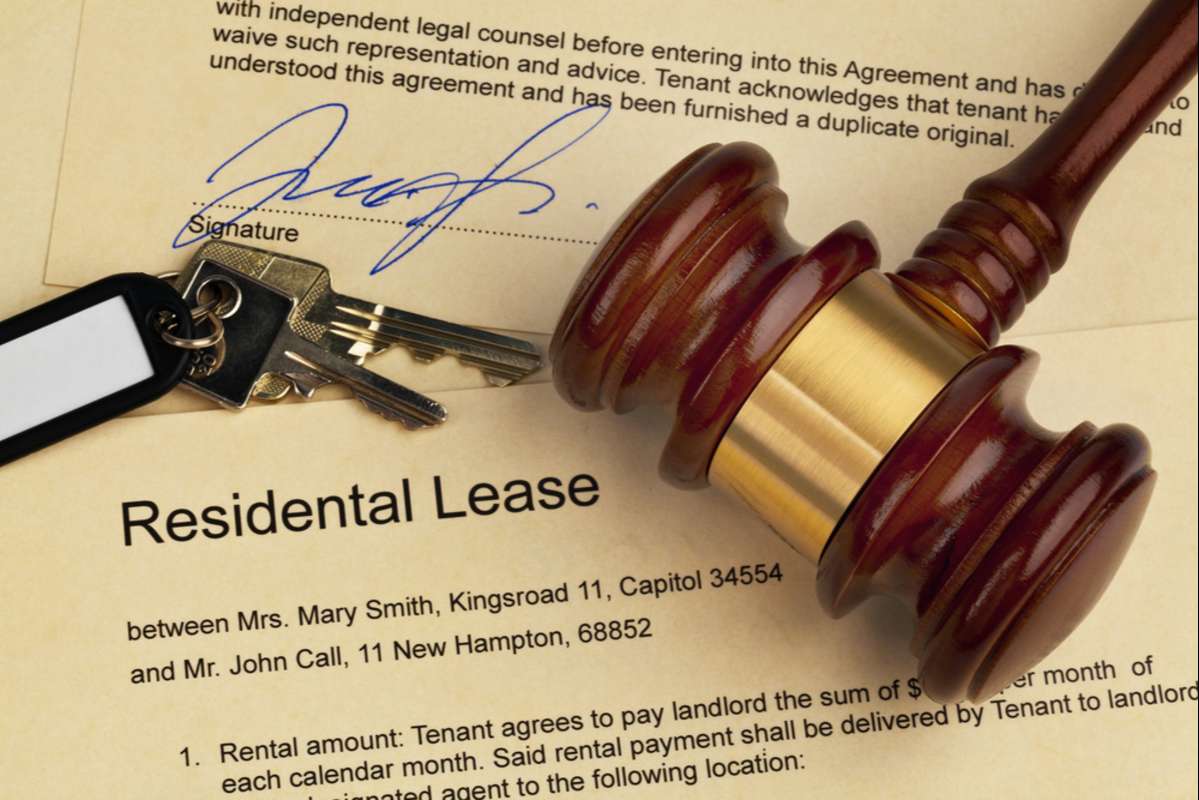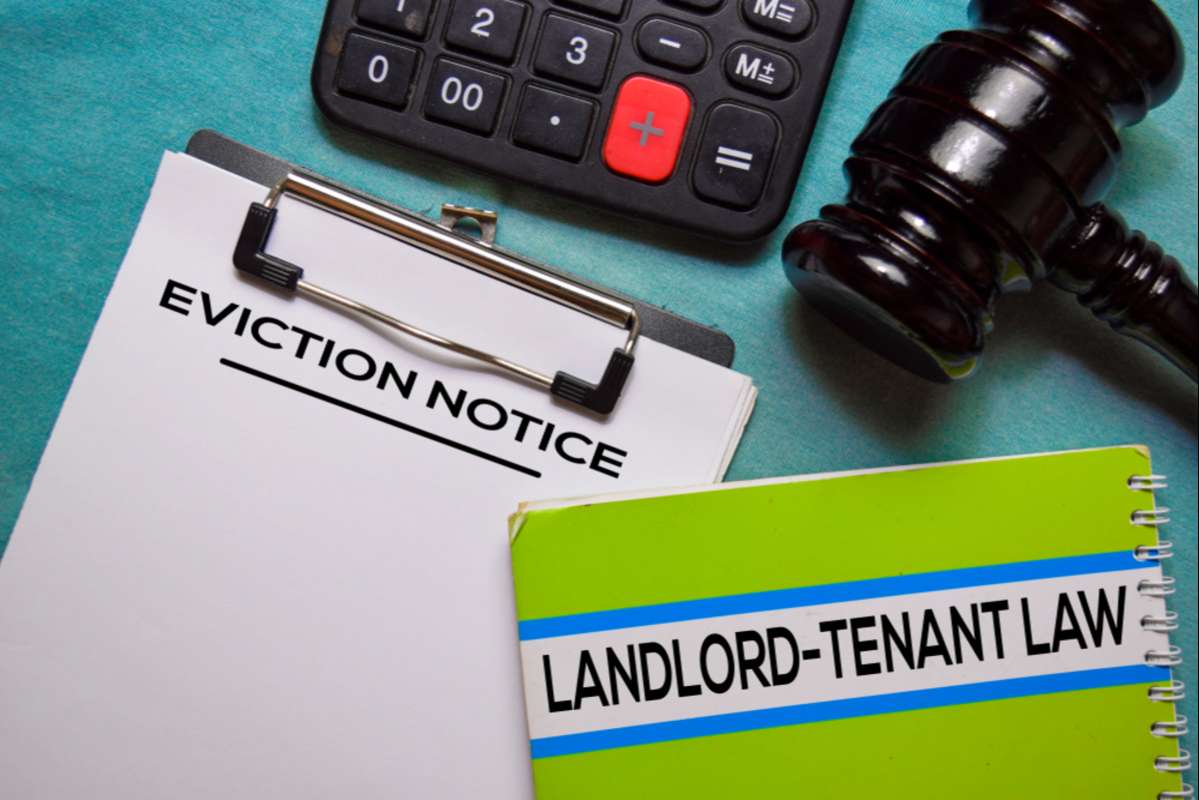If you've served a 3-day notice to a tenant, what happens next? Before removing a renter from your property, following the legal eviction process is critical. Each step is essential and should not be skipped to protect yourself from a retaliatory lawsuit. The best property management company Palm Island offers has helped property owners handle evictions and can advise property owners about how to handle difficult tenants.
This article will discuss what property owners should do after serving a 3-day notice and what steps should happen next.
1. File an Unlawful Detainer Lawsuit
When a resident hasn't paid the rent, and you have given them a 3-day notice (or eviction notice letter) to vacate the property, it's time for the next steps to recover lost rental income or remove the renter. If it's been 3 days and the renter hasn't resolved the issue or moved out of the rental unit despite proper notice, what do you do?

The next step is to file an unlawful detainer lawsuit with the proper court. An unlawful detainer, sometimes called an eviction lawsuit, lets the renter know they will be forced to move out if they don't go voluntarily. To make sure you file the correct paperwork in the proper court, hire a real estate attorney for legal advice or a property management company to avoid making any mistakes in the process.
2. Make Sure You Have Legal Cause for Eviction
Before heading to the courthouse to file the paperwork, property owners should double-check the rental agreement to ensure they have just cause to start the eviction process.
Property managers can help you confirm a legal cause for removal, including:
- The tenant didn't pay rent
- Damage to the property
- Breaking one of the original lease agreement terms (i.e., subletting the rental unit or adding pets when there's a no-pet policy in the lease agreement)
- A criminal activity like racketeering, drug trafficking, or gang-related activities on the premises
Property owners and the tenants must thoroughly understand the lease agreement to avoid problems—or now when and how to enforce the rules.
3. Stay Patient as the Court Case Plays Out
Sometimes property owners want to take matters into their own hands while the eviction process winds its way through the courts. However, it's critical to be patient and let the system play out.
Once the court case is filed, a renter will usually have a few days to respond to the court case and file a countersuit. A hearing date will be set if the renter doesn't file a countersuit. Depending on how busy the court is, it could take 30 to 60 days for a hearing.

On the day of the hearing, make sure to show up on time with professional representation. Bring documentation to show the judge to prove your eviction case is justified. The renter will also have a chance to present their side of the case. After the judge hears from both the landlord and the tenant, they will make their decision. If the court rules for the renter, they can stay in the unit until the end of the lease. However, if they rule for the landlord, the eviction process can move forward.
4. Have Law Enforcement Remove the Tenant From the Property
If the judge ruled for the landlord, it's time to contact a law enforcement official or sheriff to remove the tenant from the property. It's essential to work with a qualified and experienced enforcement officer to ensure the renter leaves the property and removes their belongings.
After the renter's items are removed, the house is ready to go through the make-ready process to get it ready for the next tenant. To avoid placing another bad tenant or dealing with another eviction in the future, put a thorough tenant screening in place to prevent the eviction process.
5. Hire a Professional Property Management Company
If dealing with bad tenants and going through the eviction process isn't something you had in mind as a real estate investor, a professional Palm Island property management company can help! Rental property managers can become the "buffer" you need to deal with tenant issues, so you don't have to!
The Right Palm Island Property Management Company Support Owners During Eviction
The eviction process can be frustrating and time-consuming, but sometimes it has to be done. Hire a professional property management company and real estate attorney to ensure a successful legal process takes place while protecting your investment property.
Gulf Coast Property Management helps real estate investors deal with bad tenants. We also help reduce the potential for difficult residents and evictions with our thorough tenant screening process! Reach out soon to learn more about how our property management services help investors enjoy better tenants and returns.
Dealing with a bad tenant now? Download your free copy of the Rental Property Owner's Tenant Eviction Checklist.

.png)